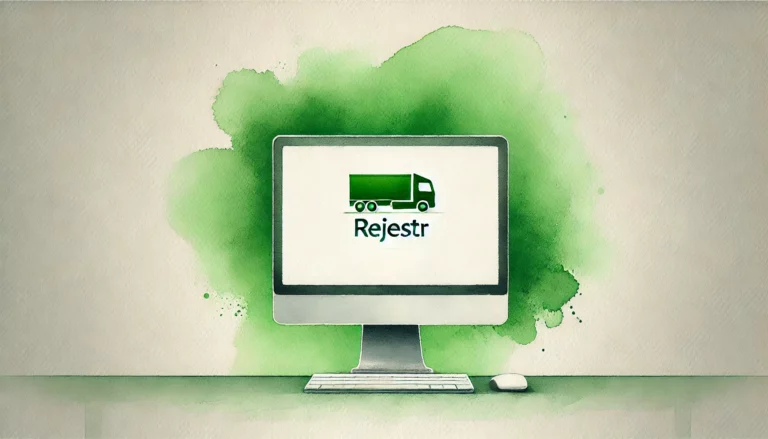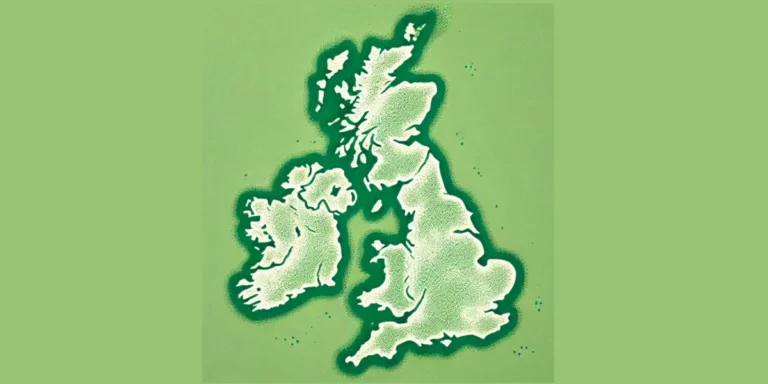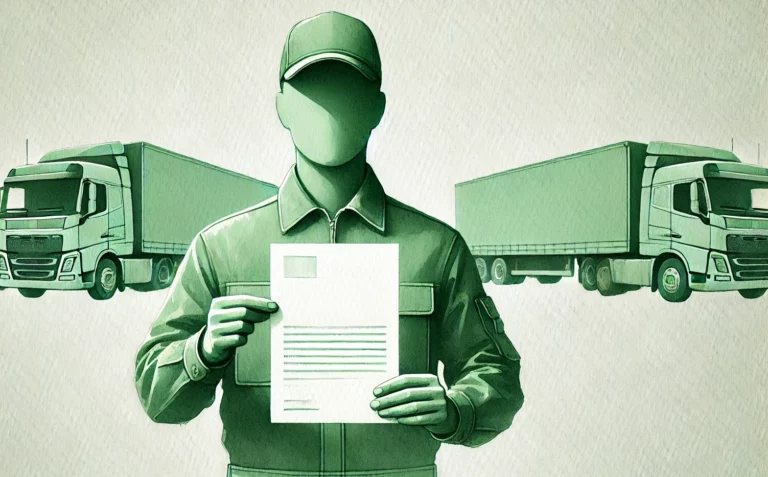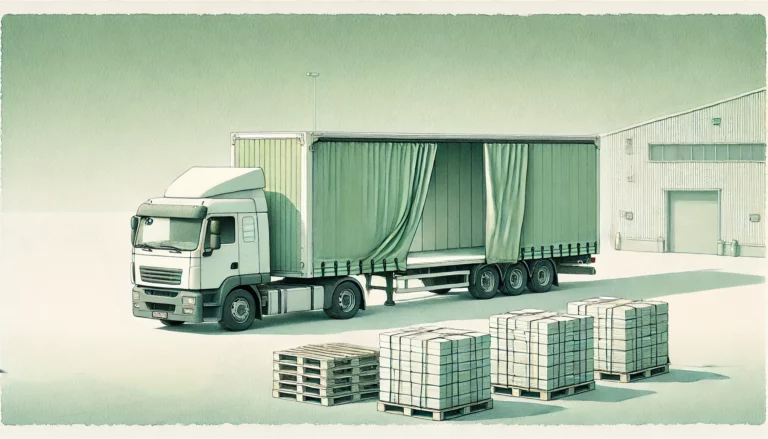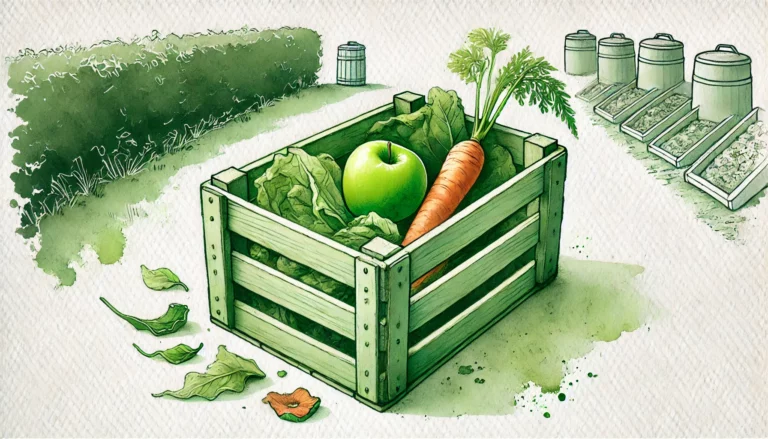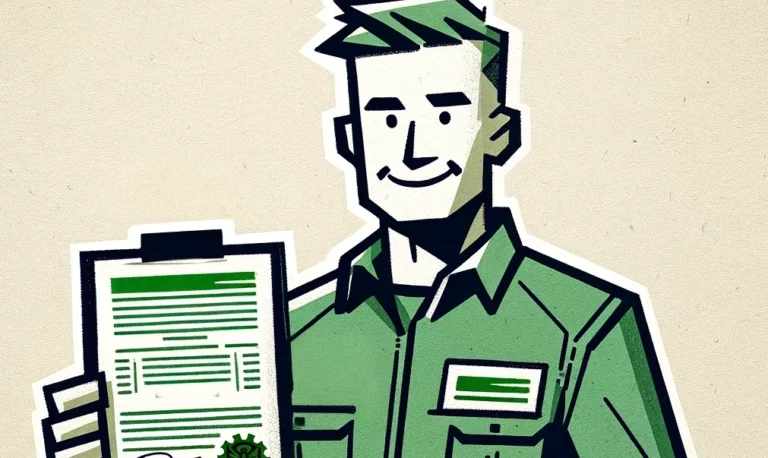Penalties for SENT declaration errors: 6 operational pitfalls that cost more than you think
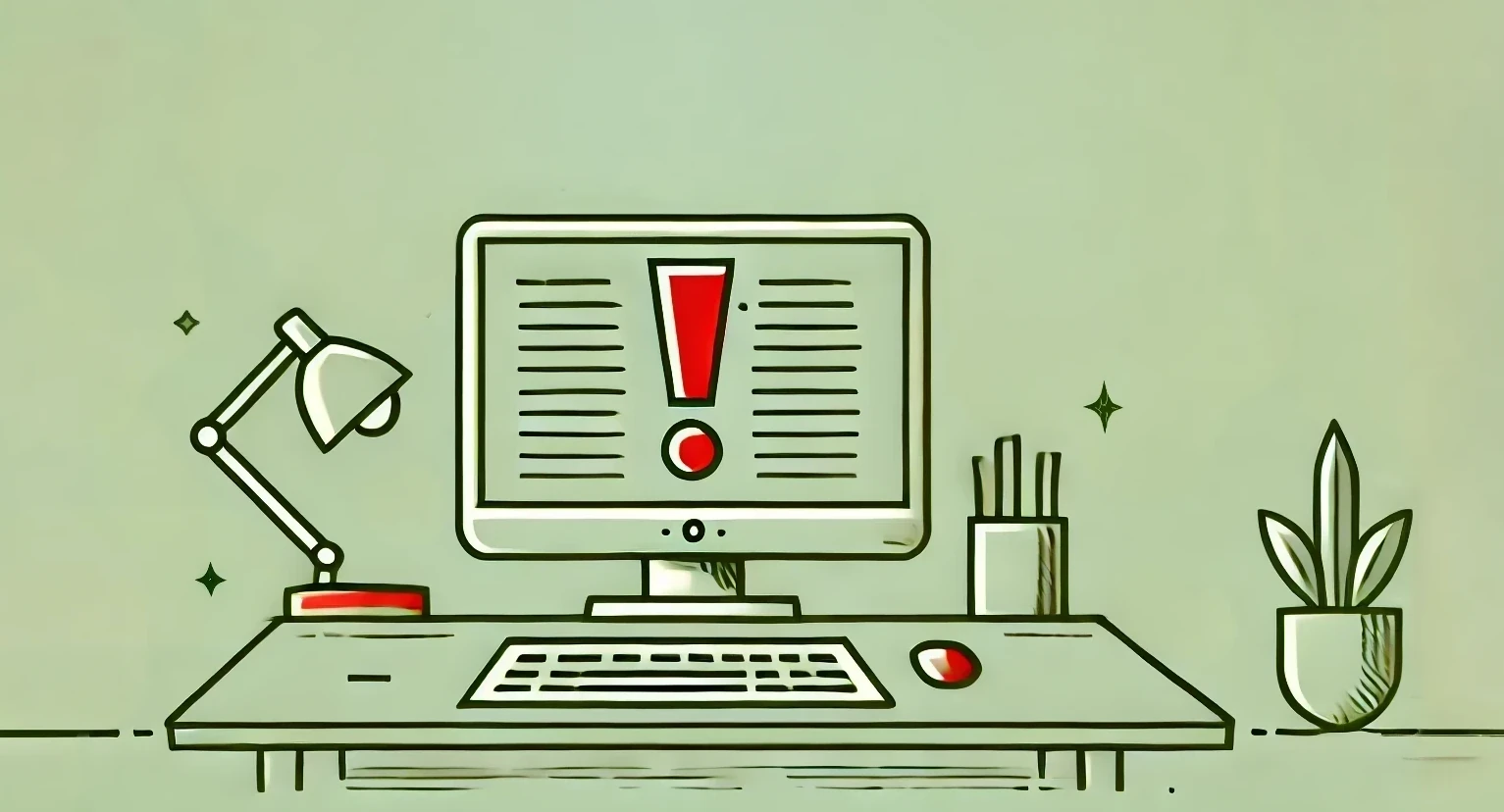
Imagine such a situation: a driver crossed the Lithuanian-Polish border, KAS/ITD inspectors stopped his car for a roadside check. The SENT system requires chronology of events and consistency of data with documents. In this case, this was lacking, so the consequences are immediate: stopping the crossing, an order to pull over to a car park, parking costs, additional verification and a real risk of an administrative fine. However, the text will not be a step-by-step instruction on how to deal with a situation when a car is stopped (you will find it in a separate publication). Instead, we'll show you where the most common errors arise and what you'll check offhand today so you don't expose yourself to risky situations.
Do you need a SENT declaration?
We will verify/establish an account with PUESCprepare or improve SENT declaration i close carriage. Delivery in just a few minutes
e.nadolna@ekologistyka24.pl , +48 881 045 376
j.blazewicz@ekologistyka24.pl , +48 500 867 153
Urgent contact
Fines for SENT errors - who is hit hardest (and why)
Much depends on the nature of the shipment, i.e. whether import, transit or export is involved. Mostly, however, errors hit shippers hardest, because they are usually the ones who initiate the process and are responsible for the chronology of the stages of the procedure. Then the carriers, because it is their transport data that comes to the surface when something is wrong (in transit, they are responsible for the entire declaration process). Finally - the contracting authorities, because they do not keep an eye on the consistency of documents and declarations. SENT works like a timeline: first you declare the carriage, then you load the goods, update the data (if necessary), and finally the unloading is recorded and the declaration is closed. If the sequence of events is disrupted, then the whole evidence trail is no longer reliable.
Our advice?
Ensure that the tasks are carried out in the right order first and only then organise the dispatch of the waste. This way, any inspections will take less time and you will be able to continue the transport unhindered.
Six SENT mistakes you can avoid - and how you will it is without risk
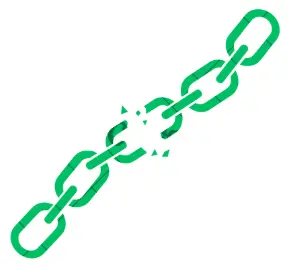
1) Disruption of the sequence of events
You must remember that waste transport you must first report on the PUESC platform and only then organise transport. Establish all the information and make sure that the carrier has the necessary authorisations. If you disrupt this order, you will break the sequence of events. The control will treat this as an inconsistency and will investigate why it happened. As a result, you will lose time, and after all, time in transport costs money.
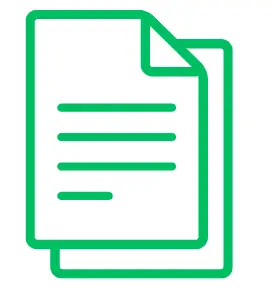
2) Inconsistency of data with documents
The CMR says one thing and the SENT declaration shows something completely different. This happens more often than you think: different address, different time, different trailer number. Whether this is the result of an oversight, an attempt to neutralise the data, or perhaps the cause should be sought elsewhere. It makes little difference to the authority doing the checking. He knows what to look out for and no inaccuracies will hide from him.

3) Late adjustments
When you try to rectify the damage only after the fact, if the transport in the system has already been completed, you send the signal that you have not got the process under control. Explaining then won't help, because technically you won't have the opportunity to correct the claim anyway. In addition, your nervousness and stress will be a warning signal to the inspectors. Therefore, it is better to plan your work in such a way that you implement the corrective procedures quickly enough and send the correction while the car is still en route and the consignee has not confirmed receipt of the goods.
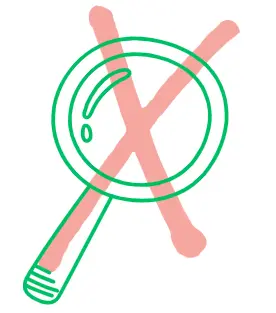
4) Wrong classification of waste
An incorrect waste code triggers a cascade of errors throughout the document set. In practice, you are back to square one, only with more risk. That's why you're better off consulting a specialist on what kind of waste you're dealing with. He or she will carry out the necessary analyses that will show clearly what you are dealing with. The appearance (condition) of the waste is only one criterion, and not everything can be determined at first glance. Classification on the basis of general impression alone (e.g. waste paper must be neutral waste) leads to serious errors (if waste paper is found to be contaminated with a harmful substance or food residues, it is treated as a completely different waste).
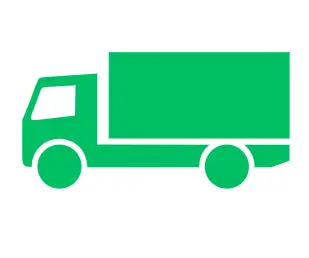
5) Lack of a simple emergency procedure
A different vehicle will carry out the transport? The loading/delivery time or the details of the goods (size, weight, packaging) change? It is not difficult to make mistakes and hasty decisions in such situations. It starts with the approach that "somehow it will be done" and then trying to correct the mistake "afterwards".

6) Closing "by heart"
Failure to verify data before the notification is closed can backfire. The routine in the notification of transport in SENT means that some errors are not noticed immediately, but the consequences are severe.
How to avoid the mistakes mentioned above?
Contact us. We will check your SENT declaration, draft a new one or help you close it.
e.nadolna@ekologistyka24.pl , +48 881 045 376
j.blazewicz@ekologistyka24.pl , +48 500 867 153
Urgent contact
Penalties for errors in SENT declarations - are they threatening you too? Check out
*BEFORE SENDING THE APPLICATION
Are you sure that the transport in question is subject to SENT notification?
Did it happen that the haulier you selected did not have an active account on the PUESC platform and did not have a entry in BDO, despite claiming otherwise?
Ever had doubts about the waste or product code you should enter in your SENT declaration?
Did you compare the data from the declaration with that contained in the CMR or order just before shipment and notice errors that required immediate correction?
*ONCE THE APPLICATION HAS BEEN SENT
Did you happen to miss a correction to a submission and only realised after it had been closed?
Did you happen to change important data an hour after submitting a request and not update this information right away?
Is the driver to whom you entrusted the transport of waste on the basis of a SENT declaration did not have the declaration/confirmation number at hand when inspected (KAS/ITD)?
Has your company ever received financial penalties for SENT declaration errors/data inconsistencies?
How to read the results? Count all the answers
and check the recommendation
0-1 "YES" answer → The risk of a fine is admittedly low, but do not lose vigilance.
2-3 "YES" responses. → Elevated risk. Send an enquiry - we will help you prepare your account on the PUESC platform and check all the data for your SENT declaration. Implementation in minutes.
4-5 "YES" answers. → Medium risk. Have us prepare or revise your application.
6-8 "YES" answers. → High risk/urgent consultation. Call us - we will take over the application and we will bring them to a conclusion.
Contact with us
Fines for errors in SENT? We will help you avoid them
Transport declarations in SENT are all about consistency and response time. We set up an account on the PUESC platform, collect data, prepare the declaration and, if necessary, correct and close it. We work for companies from Poland and abroad. We communicate in Polish and in English. This gives you order and predictability.

